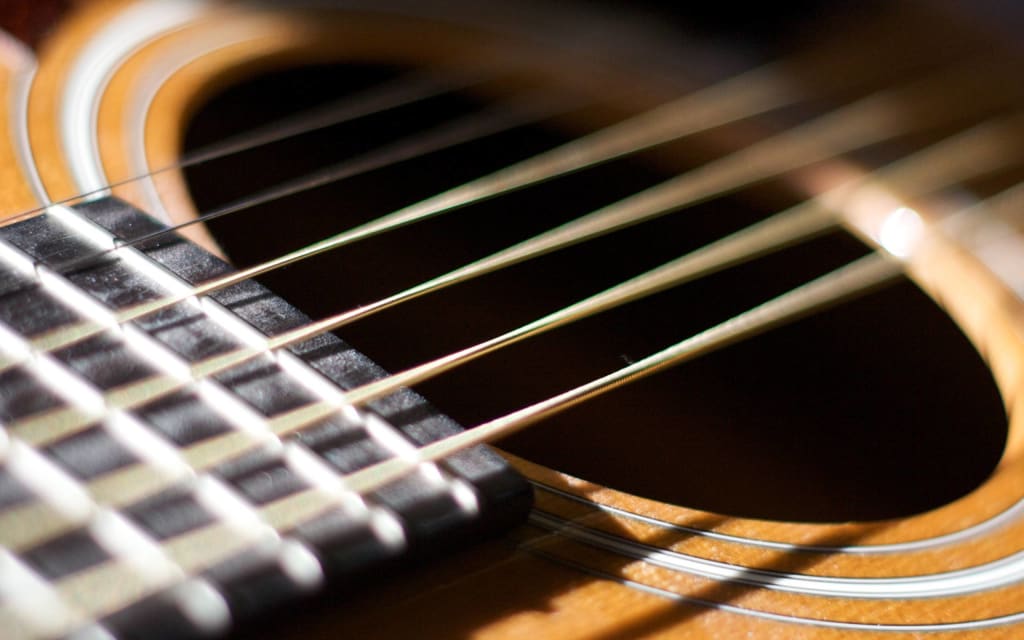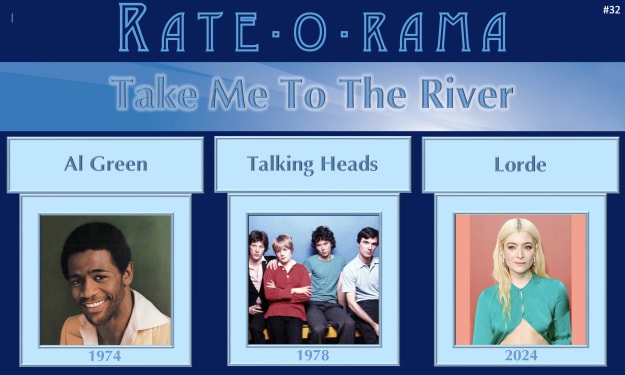How To Be a Self-Taught Musician
The Art of Learning How to Learn

So you want to learn an instrument but don't know where to start? Maybe for Christmas you got a guitar, but personal lessons are too expensive and all the articles you've read aren't "beginner friendly" or use terms you've never heard of. Maybe it's been a whole month and you still don't sound like your favorite YouTube guitarist and you've decided to give up. Don't worry, I'll do my best to get you started here.
So you have your instrument in front of you, you just finished listening to your favorite musician, and you're pumped up and ready to play. You put your hands on it and then... what now? How do I even make noise on this thing? The number one most significant part of learning ANY instrument that you must NEVER EVER skip is learning correct posture and technique for your instrument. Never assume that posture or technique are intuitive. Not only will learning this make playing your instrument easier, but you will also become a better sounding musician.
If you're not sure where you can learn these things at, just remember where you're reading this article at: the internet. You have at your disposal the greatest wealth of knowledge in all of human history!
Great! Now you've learned how to hold your instrument. Next up is to learn your first song. Find sheet music for anything simple like "Twinkle Twinkle Little Star" or "Old McDonald." These songs may be irritating to hear over and over but are simple and you'll be able to hear if you're playing them correctly. When you have the sheet music, it is important to learn how to read it. The song may be in different clefs: treble clef, bass clef, alto clef, and more, and each one is different in the layout of the notes, so it is important to know the difference for each of the instruments. Look up how to read sheet music and learn the notes on your instrument! Most "self-taught" musicians I've met don't know any of the fundamentals and therefore can only play a handful of tunes because they don't understand how the music is built and works together. When you are first learning, take it easy and don't push yourself to learning too much if you aren't understanding. Music theory is entirely new knowledge and can be very intimidating.
STOP! After reading that last bit you may be thinking that this may be too difficult for you and that it may not be worth investing your time and resources into. You must not put yourself into that mindset! When you practice and play things will begin to fall into place and you'll be able to understand. Don't forget to take it slow and breath. YOU CAN DO THIS!!!
This next step is just as important as the one preceding and is important to do while you learn: research your instrument. Learn specific techniques and learn chords and learn song outside of the sheet music. Look up how to play songs on YouTube. You'll learn things about your instrument that you didn't know and wouldn't have learned otherwise. Learn bends on your guitar, trills on your flute, double strokes on your drums, just anything you can find. These are almost like magic shortcuts for your instrument and will infinitely increase your playing abilities.
Now for a the most important and significant piece of knowledge that you will need on your musical journey... DO. NOT. GIVE. UP. Some people will say music is not for everybody. Yes, it is. I don't care who you are, you listen to music of some sort. And don't fool yourself with excuses. Many times I have heard people tell me things such as, "I started learning but my hands were too small" or "I tried for a whole month and got nowhere." But these are not good excuses. Your hands are not too small, I promise. Learning music takes time, but it's worth it, I promise. I have been playing music for over eight years and I can assure you that I never thought I would be where I am today musically. There will be times where it seems like nothing is changing and you're not improving. Keep practicing; after a month you'll pick up your instrument and all of the sudden you'll realize that suddenly everything has become much easier.
The final piece of advice I will give you in this article is to invest as much into learning music as you want to get out. If you just want to play a couple songs, then maybe you don't need to go super in depth or buy a bunch of equipment. If you want to become a professional then you'll have to invest more money and time into your equipment. If you're wanting to play music professionally I would also recommend playing with other people. They will be able to provide personal knowledge and it will make it easier to play in any situation.
So listed in order here are the steps you should take:
- Learn Posture and technique
- Learn easy songs and basic music theory
- Stop and remember that you'll get better
- Practice practice practice
- Learn techniques on your specific instrument
- Really, don't quit, you'll get better
- INVEST IN YOUR MUSIC
About the Creator
Israel Pike
Just trying to spread my thoughts on the things I love most a






Comments
There are no comments for this story
Be the first to respond and start the conversation.